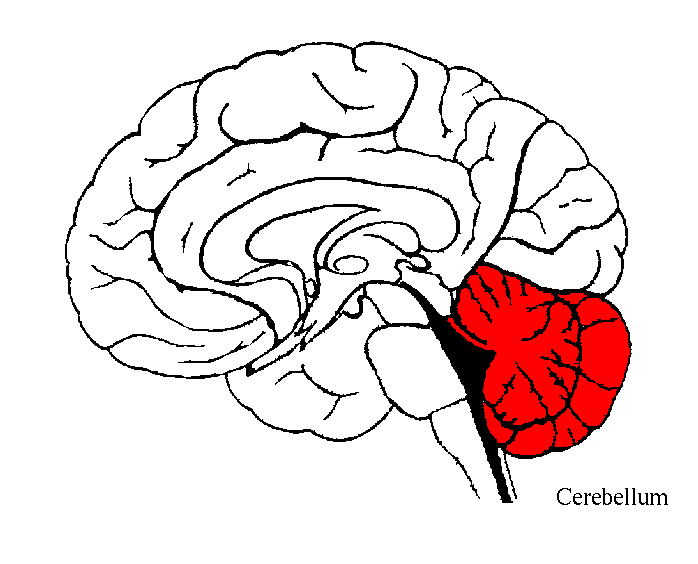SNIPP Lab is engaged in a variety of studies investigating interpersonal and social processes. Active projects include:

Social Cognition in Young Adults with Psychosis (SCP)
Our research team is examining the brain-behavior mechanisms of social cognition among young people with and without a psychotic disorder diagnosis. This study bridges multiple levels of measurement (fMRI, laboratory clinical assessment, and ecological momentary assessment) to delineate factors most impactful on critical social and functional outcomes in the real-world setting.
This research is supported by funding from the National Institute of Mental Health (NIMH; K23MH131967)
 Cerebellum-Cerebrum Dynamics of Social-Cognitive Processing
Cerebellum-Cerebrum Dynamics of Social-Cognitive Processing
Our lab is investigating the role of the posterior cerebellum in social-cognitive processing across a population of individuals with serious social dysfunction secondary to a psychiatric diagnosis. As part of this study, we are developing and testing a brain network model unifying dynamic interactions between key brain regions involved in social cognition to advance our understanding of how to effectively intervene for important and unaddressed social difficulties among people living with mental illness.
This research is supported by funding from the National Center for Advancing Translational Sciences (NCATS; R03TR005204)

Linguistic Features and Dynamics of Interpersonal Interactions Across the Psychosis Spectrum
Our research group is engaged in multiple studies examining the natural features, qualitative aspects, and computational dynamics of speech among people with and without psychotic-spectrum disorders – with specific emphasis on methodology that approximates real-world social functioning.

Social Outcomes in Early Psychosis
In collaboration with the EPICENTER program, our lab studies social outcomes among young people with early psychosis – including the impact of Coordinated Specialty Care (CSC). We are particularly interested in understanding how a developmental lens (i.e., emerging adulthood) may permit better identification of the unique strengths and ongoing needs of young adults living with psychosis.
Dr. Moe’s Publications: